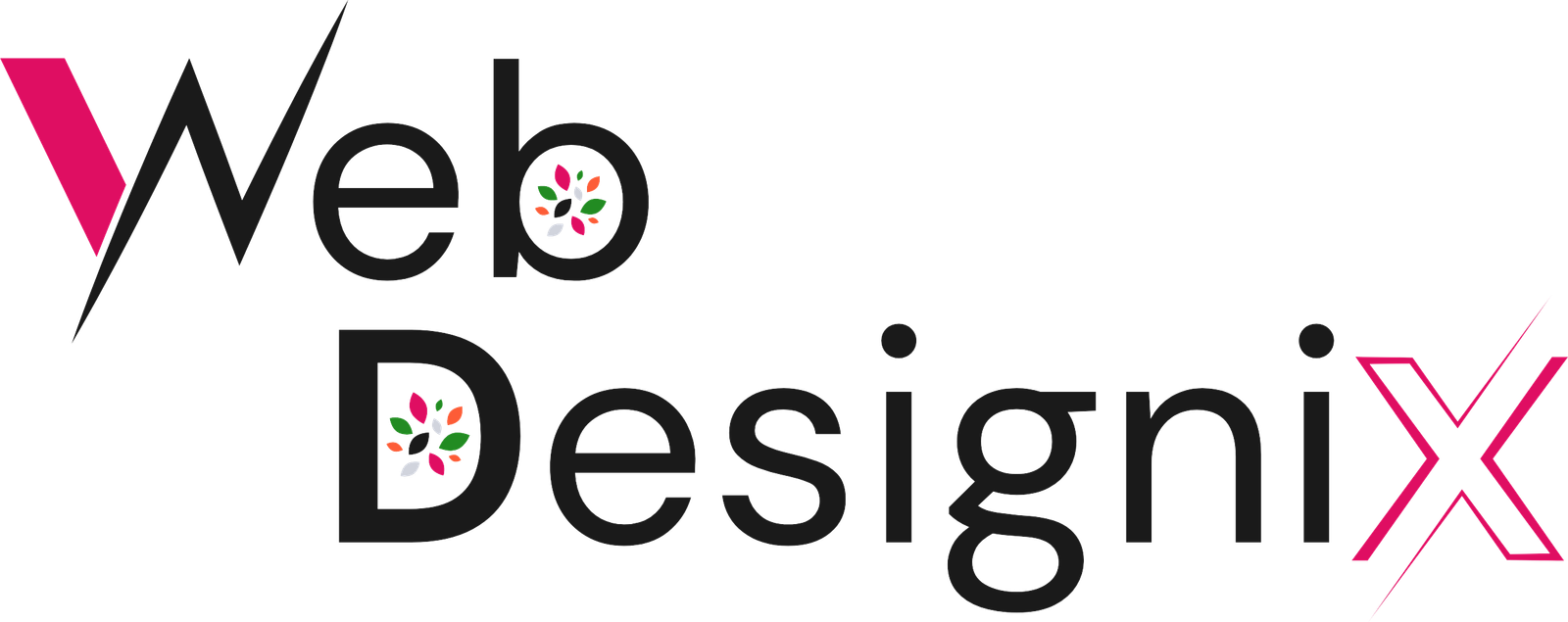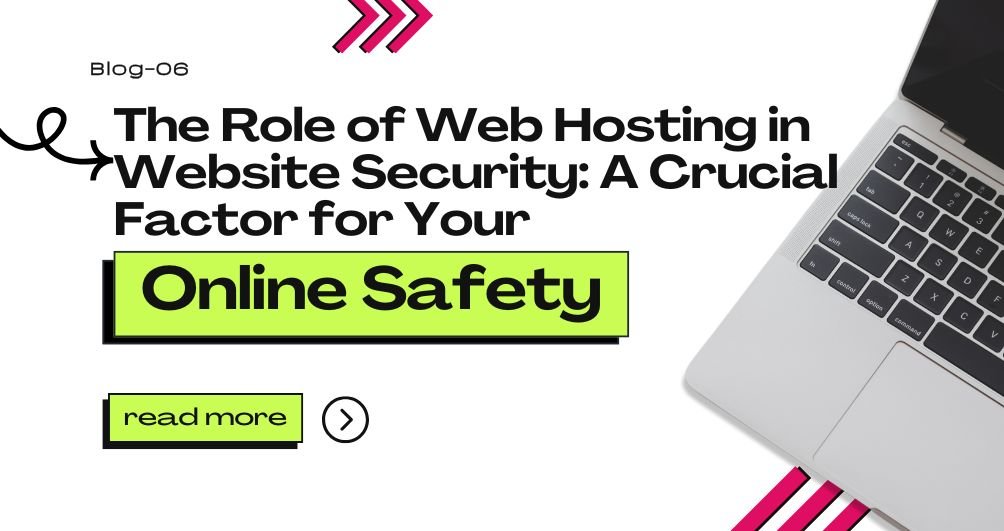Web hosting plays a critical role in website security by providing the infrastructure and protections that defend against threats like data breaches, DDoS attacks, malware, and downtime. Choosing the right hosting provider—equipped with SSL certificates, firewalls, malware scanning, and secure server maintenance—can significantly reduce your site’s vulnerability and ensure a safer experience for visitors
Introduction: Why Web Hosting Security Matters
In today’s digital-first world, website owners often invest heavily in design, performance, and content—yet overlook a vital layer: web hosting security. Your website’s hosting environment is the foundation of its digital presence, and it can either protect or expose your data and users to serious threats.
From cyberattacks and malware to data theft and downtime, the wrong hosting setup can lead to disastrous consequences. This blog from WebDesignix.com dives deep into the role of web hosting in securing your website and how to make the smartest hosting choices to safeguard your online presence.
Understanding the Different Types of Web Hosting and Their Security Impact
Before we examine security features, it’s essential to understand the types of hosting and how they inherently vary in terms of protection:
1. Shared Hosting: Affordable but Limited in Security
Shared hosting is popular for startups, bloggers, and small businesses due to its low cost. However, it comes with notable risks.
Key drawbacks:
- Resource sharing with multiple websites increases risk.
- Vulnerabilities in one site can impact all others on the same server.
- Limited control over firewall settings and server configurations.
When it’s suitable:
For simple websites without sensitive data or high traffic—but not ideal for businesses handling user info.
2. VPS Hosting: A Step Up in Isolation and Control
A Virtual Private Server offers greater control and better isolation of resources, even though it shares physical hardware with other clients.
Security advantages:
- Dedicated environment reduces the risk of cross-website attacks.
- Customizable settings allow for better firewall, monitoring, and encryption configurations.
- More control over updates, patches, and user access.
Best for growing businesses and mid-sized websites that need more reliability and flexibility.
3. Dedicated Hosting: Maximum Security and Control
With a dedicated server, you are the only tenant—which dramatically reduces your exposure to threats.
Ideal for:
- E-commerce businesses
- Financial platforms
- Corporate sites with sensitive data
Security highlights:
- Full server control over firewalls, users, and access logs.
- No co-tenancy, eliminating shared attack surfaces.
- Better performance, enhancing user trust.
Downside? Cost. But for large businesses, the investment is well worth it.
4. Cloud Hosting: Scalable, Redundant, and Secure
Cloud hosting is increasingly popular for modern businesses thanks to its scalability and flexibility. While technically “shared,” it operates across multiple servers with built-in redundancy.
Security benefits:
- Redundant backups and instant failover.
- DDoS protection at the infrastructure level.
- Load balancing prevents overloading a single point.
Cloud providers like AWS, Google Cloud, and Azure offer security compliance frameworks like SOC2, GDPR, and HIPAA, making them ideal for high-compliance industries.
Must-Have Security Features in a Reliable Hosting Provider
No matter the hosting type, your provider should include or offer these essential security features:
1. SSL Certificates
SSL (Secure Sockets Layer) encrypts data transmission between users and your server.
Benefits:
- Prevents data theft during login or checkout
- Boosts SEO (Google favors HTTPS websites)
- Enhances user trust with padlock icon and HTTPS protocol
Look for providers that offer free SSL certificates via Let’s Encrypt or paid EV SSLs for enterprise sites.
2. Web Application Firewall (WAF)
A WAF filters, monitors, and blocks malicious HTTP traffic to and from a web application.
Protection against:
- Cross-Site Scripting (XSS)
- SQL Injection
- Cookie poisoning
Some hosts include WAFs by default, while others offer them as an upgrade.
3. DDoS Protection
Distributed Denial of Service attacks can crash your website and disrupt services. Hosting providers should offer real-time DDoS monitoring, traffic filtering, and rate limiting.
Why it matters:
A single attack can result in lost revenue, damaged reputation, and even customer churn.
4. Malware Scanning and Removal
Hackers use malware to steal data or inject spam into websites. Your host should:
- Offer daily or real-time scans
- Provide auto-removal or alerting
- Integrate with third-party tools like Sucuri or SiteLock
5. Automatic Backups
Even the most secure websites can face unexpected failures. Frequent backups can save your site from data loss caused by hacking, server issues, or plugin conflicts.
Checklist:
- Daily or weekly backups
- Offsite storage
- Easy one-click restore options
6. Secure FTP and SSH Access
Transferring data to your server should always be encrypted. Your provider must support SFTP (Secure File Transfer Protocol) and SSH (Secure Shell) for protected access to files and directories.
The Importance of Server Maintenance and Regular Software Updates
Security is not a one-time setup—it’s an ongoing responsibility. Your hosting provider must ensure their servers are always up to date.
Key elements of maintenance:
- OS and kernel updates to patch known vulnerabilities
- Firewall rule updates
- Plugin and CMS monitoring (especially for WordPress sites)
- User access audits to remove outdated logins
If your host neglects routine maintenance, it opens doors for hackers targeting known software flaws.
Compliance and Data Protection Regulations
Websites today must also meet legal and industry-specific compliance standards. A trustworthy hosting provider should help you stay compliant with:
- GDPR (General Data Protection Regulation) for European users
- HIPAA for healthcare data in the U.S.
- PCI DSS for sites handling credit card transactions
Ask your host:
- Are their servers compliant?
- Do they sign Data Processing Agreements (DPAs)?
- Do they offer encryption-at-rest and secure data centers?
How to Choose the Right Hosting Provider for Your Website’s Security
With so many options available, here’s how to make an informed, security-first decision:
1. Research Their Reputation
Look for third-party reviews, user testimonials, and independent security audits. Also, explore if they’ve had past security breaches and how they responded.
2. Evaluate Their Customer Support
In a security crisis, response time matters. Choose a provider offering:
- 24/7 live support
- Phone, chat, and ticketing options
- Security-focused support teams
3. Check Transparency and SLAs
Do they offer Service Level Agreements for uptime and response times? Do they disclose incident reports or security patch logs?
Transparency = Trust.
4. Assess Scalability and Customization
Your website’s needs will grow. Your host should support:
- Scalable resources (RAM, storage, bandwidth)
- Custom firewalls or rules
- Access to logs and analytics
Checklist: What a Secure Web Hosting Plan Should Include
| Feature | Must-Have |
|---|---|
| Free SSL Certificate | ✅ |
| Daily Backups | ✅ |
| WAF & DDoS Protection | ✅ |
| Malware Scanning | ✅ |
| SFTP & SSH Access | ✅ |
| 24/7 Expert Support | ✅ |
| Software Update Policies | ✅ |
| Compliance Readiness | ✅ |
If your hosting provider doesn’t meet these benchmarks—it’s time to switch.
Conclusion: Build a Secure Website from the Ground Up
Web hosting isn’t just about bandwidth and uptime. It’s about security, trust, and reputation. In the age of increasing cybercrime, choosing a secure hosting solution is essential—not optional.
Whether you’re launching a personal blog, managing an e-commerce store, or building a corporate site, WebDesignix recommends investing in a hosting provider that puts your site’s security first.
With the right foundation, your website will not only run faster and smoother—but also stay safe from evolving threats.
Need Help Choosing the Right Hosting Provider?
At WebDesignix, we help businesses and individuals build secure, high-performing websites. If you’re unsure which hosting option suits your needs, contact us for a free consultation.


